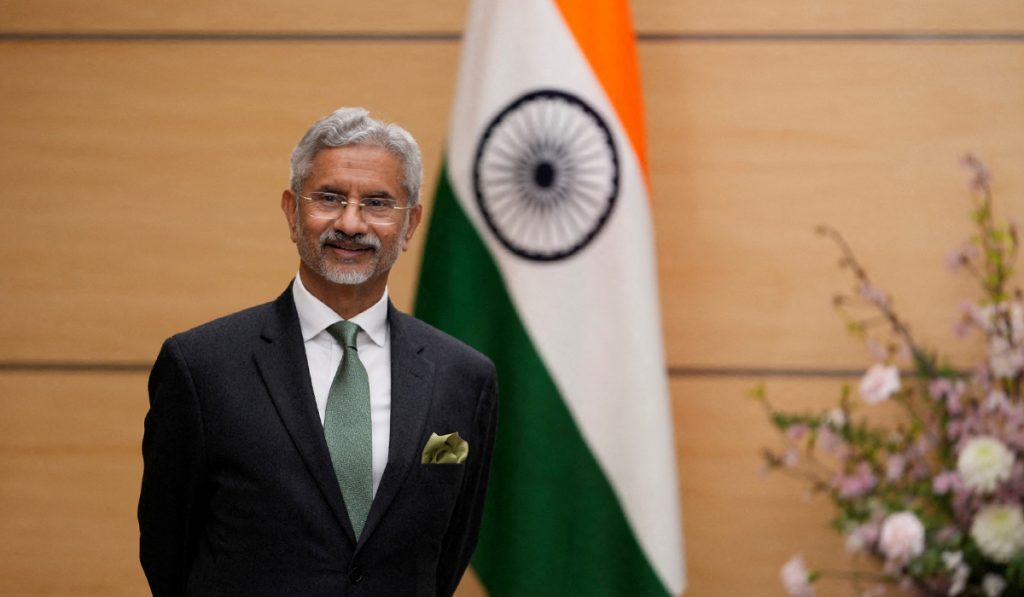New Delhi: Minister of External Affairs S Jaishankar on Wednesday said that the ties between India and China have seen some improvement from last one year and added the two nations are working on different aspects of it.
In conversation with Kyung-wha Kang of Asia Society on Wednesday, Jaishankar said that India and China are trying to undo some of the damage that happened due to the actions in 2020 and rebuild bilateral ties.
When asked how he sees India-China bilateral relations unfolding under this low geopolitical context of churn, he said, “We had a war with China in ’62. It took us 14 years after that to send back an ambassador. It took us 12 more years for a Prime Minister of India to visit that country and from 1988, there was a certain understanding between India and China on the basis of which the relationship was rebuilt. We didn’t obviously couldn’t solve the problems in most of all the boundary issue, but we built a relationship, we managed it.”
“There were dialogues and negotiations going on while other parts of the relationship grew, the economic relationship grew, there were more exchanges, people went up, you know, the rest, and even, on the boundary, in fact, we had a series of agreements, which laid out in great detailed protocols on how to manage the boundary, how to deploy, how to ensure that something accidental doesn’t happen all the while, you know, negotiations were going on to find a solution to the boundary issue. Now from then, let us, if we use 1988 as a starting point till 2020. While we had incidents along in the boundary in the border areas. We had not actually had bloodshed. The last bloodshed was 45 years before 2020.”
He recalled the border standoff between India and China in 2020, which involved a military response on India’s side. The border standoff between India and China began in eastern Ladakh along the LAC in 2020, sparked by Chinese military actions. This incident sparked a prolonged rise in tensions between the two nations, significantly straining their relations.
Recalling the border standoff between the two nations, Jaishankar said, “So, what happened in 2020 was actually very traumatic for the relationship. It wasn’t just the bloodshed. It was the disregard of written agreements because this isn’t the grey area we are talking about. I mean, the departure from the terms of what was agreed to was very sharp and very substantial. Now through this period, I mean, obviously it took us, I mean we’re still dealing with some parts of this. So, it’s not like the issue has completely gone away We felt that, obviously it called for a military response on India’s side which happened, there was a counter deployment by us. But, we also felt that the way forward was to find a negotiated outcome, and that’s what we’ve been trying to do since 2020. Now, the answer to your question is we don’t think this period serves the interests of either India or China.”
“How do we benefit by having a very tense relationship with that a large number of troops out there that, very hostile environment and all the collateral damage which it has done to the relationship because obviously if peace and tranquility in the border areas were disturbed then you know the rest of the relationship can’t go on as normal. So, we, I mean in terms of I would say principles or concepts, we basically made two points which is differences should not become disputes and that competition should not become conflict. We can differ on many issues. We do compete on many issues, but because we compete doesn’t mean that there should be a conflict between us. We are very realistic about it,” he added.
He said that the two nations will have issues in the foreseeable future. However, there are ways of addressing those issues and what happened in 2020 was not the way to address those issues.
